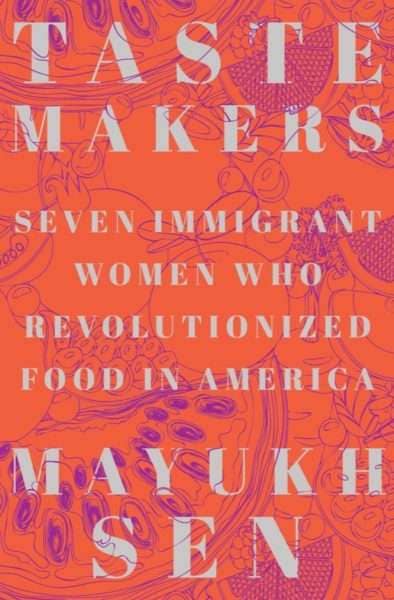As an immigrant, I understand how the soul gets lonely for its origins.
—MADELEINE KAMMAN
But then there’s always a migrant in the kitchens. I’ve written little bits before about how their lived experience has, of necessity, changed for them, much of it of course as a direct consequence of this move — whether enforced or otherwise — to another country, another continent, another community. And how their food and their cooking of it mutates, becomes layered in a palimpsest of flavours in a timeline running back to their homeland, through their current location and forward into their new shared — with us — future.
But, and it’s a huge “but”, it’s important that I point out that I’m not an immigrant or migrant. No chance to refer to “Grandma, Grandpa Cook” artefacts from my ancestral timeline.
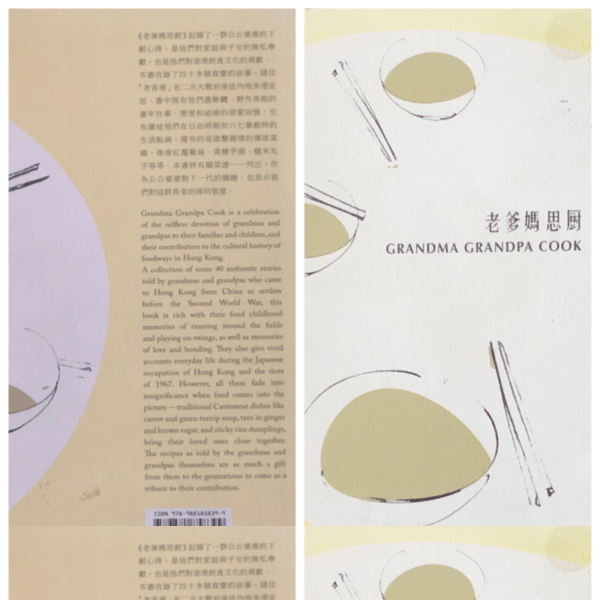
I say this to make it clear that any mis-speaking or infelicitous rough edges in my writing, in my phrasing, is simply down to this lack, on my part, of such first (or second-) hand experience and insight but also that I come to my writings from a standpoint of fascinated — and always good faith — enquiry and an intense subject interest, so I’ll do my very best not to mis-step along the way. But tell me if I slip up. Please.
In that spirit, here’s some more suggested reading & viewing, that you all could do worse than getting into (EDITOR: “obviously, if you haven’t already done so, dear enlightened reader, that is”.)
I’m reminded of this older quote from Tony Bourdain on Mexican workers. [And you could substitute pretty much any nationality other than your own for “Mexican” and any country for “America”, and the fundamental truth would still apply. Migrants work. Migrants pay taxes. Migrants keep your country running.]
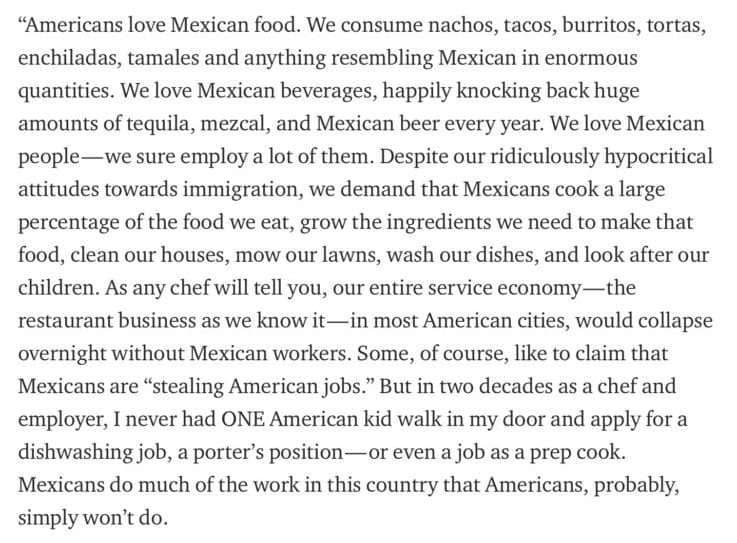
My (German) forbears came over to England a long time ago, right back at the end of the 19th C. and we’ve been here since. Whilst I’m a descendant of an August Gottfried Mistel, bootmaker, born 1828, of Ganz, Prussia …
…which, also I’m pretty damn sure, means Schloss Ganz is the ancestral home that I can reclaim, (so herewith I’m giving you, the current ‘owners’, fair warning that I’m on my way to exercise my baronial rights)…

…nonetheless also means there’s unfortunately no lived experience for me, no deep-seated race memories of ancestral foods or their dietary traditions or strictures, no, not even family disputes over how a certain dish should be prepared…
..so, whilst I’m as much a fan as the next person of rouladen, sauerbraten, spätzle, kartoffelpuffer, flammkuchen und so weiter, it’s not from any gene imperative or because some ancestor is yammering away, angrily berating the inside of my brain-pan for moving away from the ein wahrer weg. No, just simply that they’re — some of the — foods I enjoy. I saw this quote…
I’m part of this really long lineage. I see myself in this long line of history and I want to somehow get people to understand that.
…and that’s not me. Not in any real sense. But I love hearing from and of people for whom this very much is their life, their should, their history, their ghosts.
First, of course is the “Grandma Grandpa Cook” shown above and then another here; both speaking directly to that familial cooking heritage we’ve all agreed I don’t have…
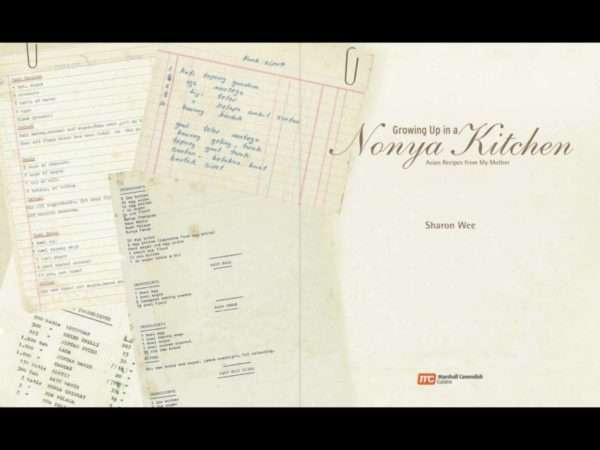
…by Sharon Wee, daughter of a Peranakan Chinese settler, titled “Growing Up in a Nonya Kitchen” (a major source for the recent plagiarism by Liz Haigh in her — now withdrawn — “Makan” book) whose introduction pulls me in straight away.
My mother, Polly, was born in 1930 in British
colonial Singapore, in a seaside bungalow along
Pasir Panjang. In our family, we nicknamed this
area ‘Long Beach’ since ‘Pasir’ and ‘Panjang’
were Malay words for sand and long respectively.
I’ve only just started reading but it’s a fascinating story already.
Then there’s “Mister Jiu’s in Chinatown : recipes and stories from the birthplace of Chinese American food” by 1-Michelin starred chef Brandon Jew with author, cook & recipe developer, Tienlon Ho, and, unusually, a book that was created by an all Asian American team (chef, writer, recipe developer, and photographer).
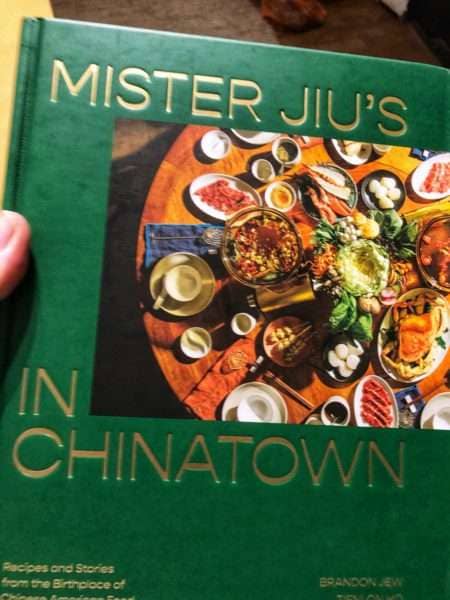
That it’s a starred restaurant (putting aside for the moment large amounts of kudos for the huge effort and pure hard graft involved in getting to that level) is, to me anyway, less interesting or noteworthy, than is his knowledge and recognition that he’s not totally Chinese, he’s not totally American and his food should (rather has!) to reflect this mixture…
Mister Jiu’s came out of my desire to pay homage to my family traditions and my food memories of growing up Chinese American. I’m not trying to replicate mainland Chinese food with its many genres and distinct regional and subregional cuisines, or the food already in Chinatown, which draws from many facets. I cook food that’s a reflection of me and my cooks in this place and time, San Francisco and this neighborhood right now. If you’ve eaten Chinese food in America, our dishes will feel familiar but different.
going on to say…
Where I arrived with Mister Jiu’s is exactly where I’ve always been: in between. A little of this and a little of that. American and Chinese. Modern and traditional. Mister Jiu’s connects everything that I’ve ever learned—from Ying Ying, from my mentors, from all the parts of the world where I’ve lived and eaten. It is a place that celebrates all those influences, standing in the heart of Chinatown, the place where Chinese American food began.
There’s some seriously good short little clips (approx. 30 minutes apiece) in a series, via KCET TV, called “Migrant Kitchen” with studies of cooks from all parts of the world, inc. Mexico, Palestine, Korea and Thailand along with this one by Brandon, where he covers more on his feelings of being an outsider both in the USA and — when he lived and worked there — in China as well, where local taxi drivers hazarded guesses that he was Korean, Japanese or Mexican…
everything but what I was
It all speaks to me of this internal dichotomy that it seems so many immigrants and migrants experience.
And finally, that same TV station has another immigrant chef, Roy Choi’s series called “Broken Bread“, with Season 2 starting on 25th January. Again, another person who’s also been written about more than once on here by me as his story also speaks of the feeling of working out how and why and where to meet halfway maybe, to fit in with “the neighbours”.
Truth is, I didn’t know what was right or wrong. The English-only rule was supposed to turn me into an American, but that alone didn’t spell out how to actually be American. I still ate kimchi and porridge but got a beat-down if I spoke Korean, so, fuck, I didn’t even know how to be Korean either. Everything was all a jumble…
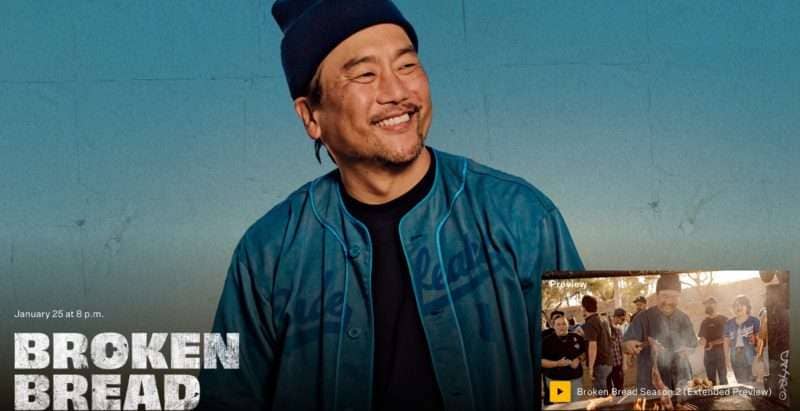
Just saw this recent piece by actor Gemma Chan, writing about her Chinese Dad and his time in the Merchant Navy. Foreshadowing that was this rather jaw-dropping piece of legislation via a Sir John Pedder. “The Special Restriction (Coloured Alien Seamen) Order 1925” was almost a carbon copy (or planning guide) for the modern ‘hostile environment’, currently being espoused so enthusiastically by the sociopath Priti Patel. Loyal British subjects were in theory exempt, but those lacking paperwork proof of status (a large number, just like now) were of course caught out by it…
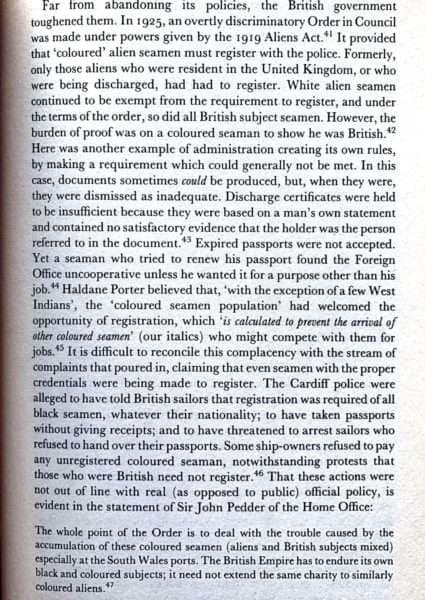
Yet more shameful episodes in English history, in a long cavalcade of such. I hate this country so very much at times.
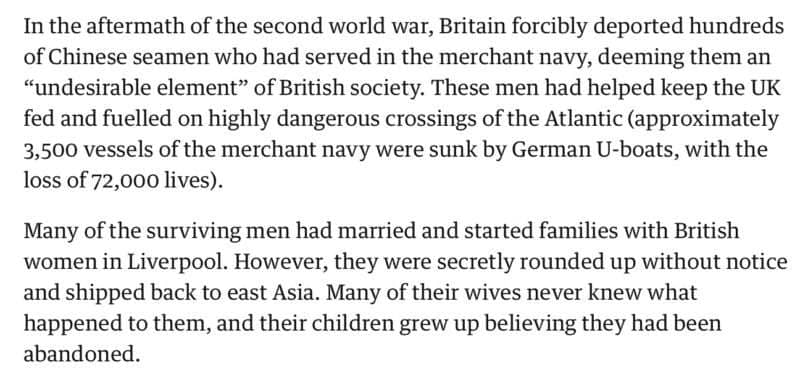
And finally finally? Looking forward to this one dropping onto bookshelves this side of the Atlantic later this month. I know January is a crappy month food-wise but at least there’s some great reading coming, the rapidly turned and devoured pages rustling loudly enough maybe to cover the rumblings from post-Brexit empty stomachs…
